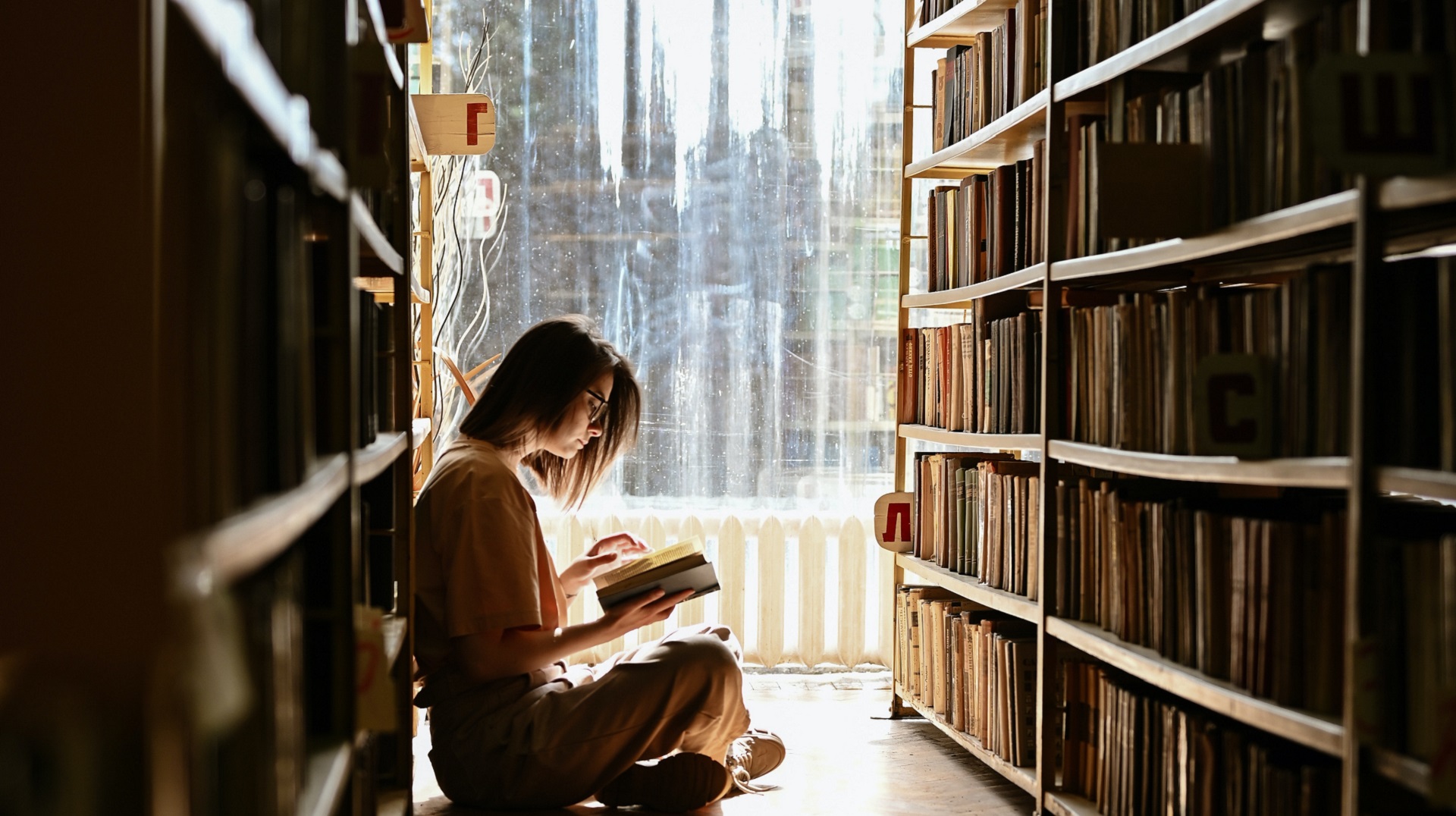The library is a place people know and trust.
People are less likely to use a new facility that’s unfamiliar to them. A ‘warm bank’? A ‘cool space’? What are they? But a library? Everyone knows a library and they know they won’t be turned away or looked down on there.
That is important this week when record high temperatures are almost certainly being recorded. In hot weather, the most likely to suffer ill effects are the old. That is, those most likely not to have air conditioning.
There’s a movement, most notably in the USA and even Canada, to highlight libraries as the place to go. Sadly, in this country, there’s not many libraries that have aircon but those who do are popular. After all, one can only hang around the freezer section of the supermarket so long before security moves in, but no-one bats an eyelid in the reference section. But one does not need such expensive measures. Some libraries – such as those signed up to the London ‘Cool Spaces’ scheme – just provide shade and free water. And, let’s face it, it’s not many libraries that would refuse a request for water anyway.
Let’s flip it a bit. The money-saving expert Martin Lewis recently tweeted about the need for “warm banks” in winter as the equivalent to food banks, due to the rise in energy prices. He mentioned libraries in the same tweet, which is good, as being a place of free warmth is something public libraries have been providing, almost accidentally, for decades. It’s so obvious, it can take a while to recognise. When I started working in public libraries, I was surprised by the number of people who came in all day. They sat down, read and chatted, then finally left. It took me months to realise that these people came in not just for the reading material or for the companionship but simply to keep warm.
It took me perhaps longer than it should have because it’s something that is part of the traditional library image. If you ask someone what they think a library provides, they will almost certainly say books and they may well say computers. The third thing, especially this time of year, will often be the wonderful Summer Reading Challenge that rewards children with stickers and a medal when they read six books during the school holidays. But there’s other less obvious things that the library, so normal and so common in local communities, provide. Things that are really coming into play with energy prices and temperatures reaching record levels, and when people can’t easily afford the cappuccino that is the price of a seat elsewhere.









